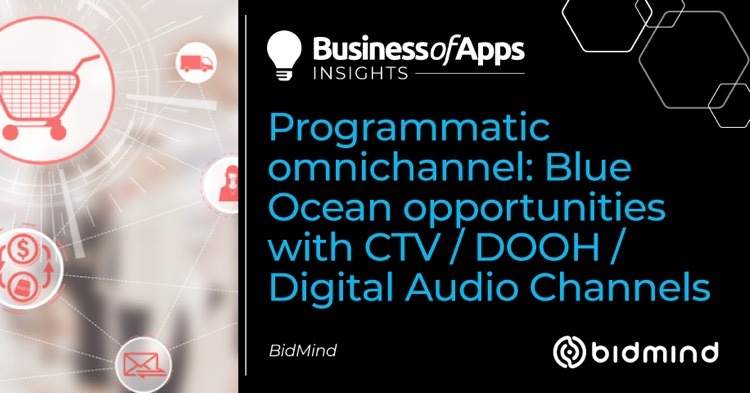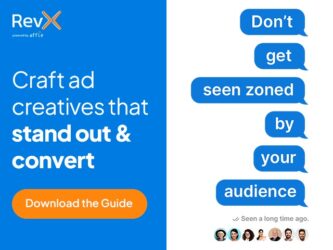Since its inception, the Internet has become an attractive platform for companies to advertise. Initially, this involved individual websites and marketers had to negotiate advertising placements with each site owner separately.
Now, programmatic advertising, with RTB at its core, takes up more than 84% of the global digital advertising spend.
If we trace the history of the development of advertising on the web, it has come a long way. As mentioned, it transitioned from specific agreements between site owners and advertisers when market competition was minimal to its current state. The modern online auction ecosystem, OpenRTB, still allows for direct agreements between publishers and advertisers in the form of private deals akin to traditional advertising networks. However, since the emergence of OpenRTB, the predominant method for selling traffic remains competitive bidding at online auctions, which now accounts for the largest share.
Blue vs. Red: the modern state of the advertising market
As emphasized in the acclaimed bestseller “Blue Ocean Strategy,” the online advertising market has evolved from the “blue ocean” to the tightly fought “red ocean” stage that it is today.
Maintaining competitiveness in such a cut-throat market is no easy task. On the Internet, all advertisers are essentially vying to sell to the same users, and this challenge tends to be won by companies with higher margins willing to spend large sums on advertising. This includes areas such as insurance companies, financial sector companies, and medical services. iGaming is one of the most notable examples in this regard, with a $1.8 billion ad spend in 2023.
If a user or audience is potentially interesting to such high-margin businesses, the cost of advertising in these segments rises dramatically, effectively setting a prohibitive price for all other market participants. This is the price of globalization.
Online, all businesses compete around the world; there are no barriers in the form of physical distance that limit competition between local businesses. Advertising for the nearest hair salon, a brand of new sneakers, an insurance broker, or an online casino are in direct competition for the same users on the same medium.
Lucrative platforms: finding your own niche
However, not all segments of the advertising market are equally developed and equally competitive today. The market recognizes the complexity of the situation and is exploring access to new platforms and fresh advertising formats that can expand audience reach. These are currently less competitive, in part because the rules of the game are still evolving.
We are talking about platforms such as CTV, DOOH, and Digital Audio. At the same time, all these networks provide digital communication channels, which means they are able to personalize advertisements and have the capacity to shift the target audience towards particular commercial streams. As a result, it gives them the opportunity to optimize advertising costs and increase the profit margins on these channels.
Context-aware tech: The secret to 81% more conversions
Learn how leading apps are using context-aware technology to deliver perfectly-timed offers, reduce churn & transform passive users into loyal fans.
Learn moreCurrently, CTV, DOOH, and Digital Audio still provide unique “blue ocean” conditions for a wide range of advertisers, allowing everyone to carve out their niche in this market. As a consequence, it is increasing at great speed. 60% of TV advertisers have already shifted their budgets to CTVs, and their market share is predicted to grow by 1.4% by 2025, resulting in 6.9% overall. The same goes for DOOH, whose spending is forecast to increase by 7.2% in 2023.
The role of omnichannel programmatic platforms
An omnichannel platform should be able to benefit from inventory both on traditional vehicles, such as Web and In-App, and to have full access to new digital promotion channels, including CTV, DOOH, and Digital Audio.
The most important advantage of advertising online has always been its “measurability.” So, one of the vital features expected from the platform is the reporting system for all ad channels on the platform with an integrated interface both with for running advertising campaigns and reporting
In addition, the wide-reaching access to advertising inventories and the ability to utilize OpenRTB auctions, enabling targeted purchases of the most suitable inventory at the lowest price, will make the platform an ideal tool for managing all online advertising campaigns of a brand or an advertising agency in one place.












